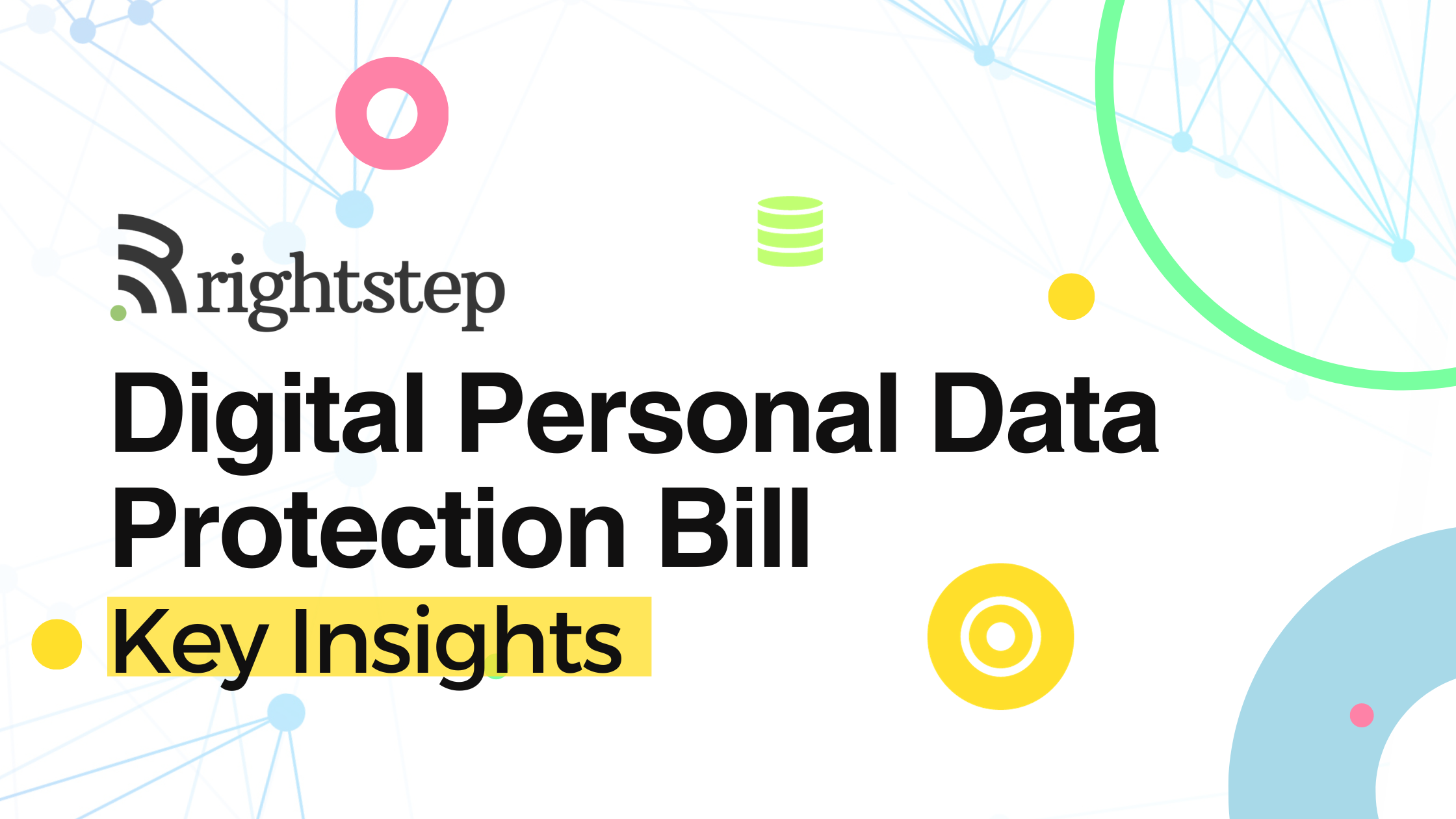India’s Digital Personal Data Protection Bill is a sweeping legislative effort aimed at safeguarding individuals’ personal data. Beyond its overarching objectives, this article delves into lesser-known facets of the bill. These insights are integral for a comprehensive grasp of the bill’s scope and its pivotal role in mitigating data privacy concerns in one of the world’s largest digital landscapes keeping in mind the prioritization of “national and public interest”. While comparisons to the robust GDPR persist, the bill is hailed as a foundational step towards reinforcing the right to privacy in India. Critically, it overlooks certain rights like data portability and the right to be forgotten, leaving room for further evolution.
Definition of “Data Fiduciary” and “Data Principal”
At the heart of the bill’s architecture lie the definitions of “Data Fiduciary” and “Data Principal.” A Data Fiduciary encompasses individuals, companies, and even the State, serving as anyone who governs the purpose and means of processing personal data. This broad definition ensures comprehensive applicability of the bill’s provisions. Concurrently, a Data Principal signifies the individual to whom personal data pertains, with special provisions for children where it includes their parents or lawful guardians. These definitions establish the extensive reach of rights and protections afforded by the bill.
Protection of Children’s Data
A salient feature of the bill is its resolute commitment to shielding the data of children and individuals with disabilities. Data Fiduciaries, notably websites catering to children, must secure verifiable consent from a parent or guardian prior to processing a child’s data. The bill also imposes rigorous constraints on tracking, behavioral monitoring, and targeted advertising directed at children, placing their well-being at the forefront. Children constitute 15 percent of active internet users in India. The intricacies surrounding age and consent issues are a complex web of considerations that will naturally evolve over time. Children are increasingly relying on the internet for educational and recreational purposes, and this creates a need to define appropriate content for different age groups. A similar scenario unfolds on social media platforms, where various countries have set the minimum age for children to join at 13. The challenge lies in the methods these platforms will employ to determine the appropriate age and establish a system for “verifiable parental consent.” This dynamic landscape presents opportunities for innovative solutions to safeguard the online experiences of children.
Eases Cross-Border Data Flows
Section 16(1) of the bill vests the Central Government with authority to regulate the transfer of personal data by a Data Fiduciary for processing outside India. This provision implies the need to store personal data within India’s borders, affording the government control over data transfers to ensure data security and privacy. Notably, Section 16(2) clarifies that these constraints do not override existing Indian laws offering heightened data protection or stricter data transfer regulations. This dual provision safeguards against the dilution of robust data protection laws. Moreover, the bill extends its jurisdiction to personal data processed outside India if related to goods or services offered within the country, further underscoring its global reach.
Mediation for Dispute Resolution
A distinctive inclusion in the bill is the provision for mediation to resolve disputes concerning personal data. The Data Protection Board of India may suggest mediation when a complaint holds potential for resolution through cooperation rather than adversarial legal proceedings. However, to ensure effectiveness, the board’s structure, functions, and independence require elaboration. Minister of State for Electronics and IT, Rajeev Chandrasekhar, underscores the board’s independence, likening it to a civil court, emphasizing that its decisions will be appealable to a High Court. This arrangement aims to instill transparency and credibility in the board’s operations.
Wide Exemptions from Data Protection Rules
Section 17 of the bill delineates scenarios where Chapters II and III, focusing on data protection and processing, do not apply. These scenarios include data processing for legal enforcement, judicial functions, and crime prevention. The bill acknowledges the imperative of exceptions in safeguarding national interests and security. Moreover, Section 17(3) empowers the Central Government to designate specific startups as Data Fiduciaries exempt from certain provisions, potentially fostering innovation within this sector.
While this exemption mechanism aims to promote innovation, concerns about informed consent and potential privacy erosion persist. It is imperative for the government to establish trust and protection while utilizing these exemptions and transitioning towards digital governance.
India’s Digital Personal Data Protection Bill signifies a significant stride towards fortifying data privacy and regulating data processing. Despite similarities with global data protection laws, its distinctive features – encompassing robust child data protection, cross-border data transfer regulations, broad exemptions, mediation provisions, and comprehensive definitions – distinguish it as a unique legislative framework. Mastering these key insights and addressing identified concerns is pivotal for individuals and organizations navigating India’s burgeoning digital landscape, ensuring compliance, and advocating responsible data management. This bill not only tackles current data protection demands but is meant to be a pioneer in this road, even as the ministry aims to plug further gaps that may remain.

